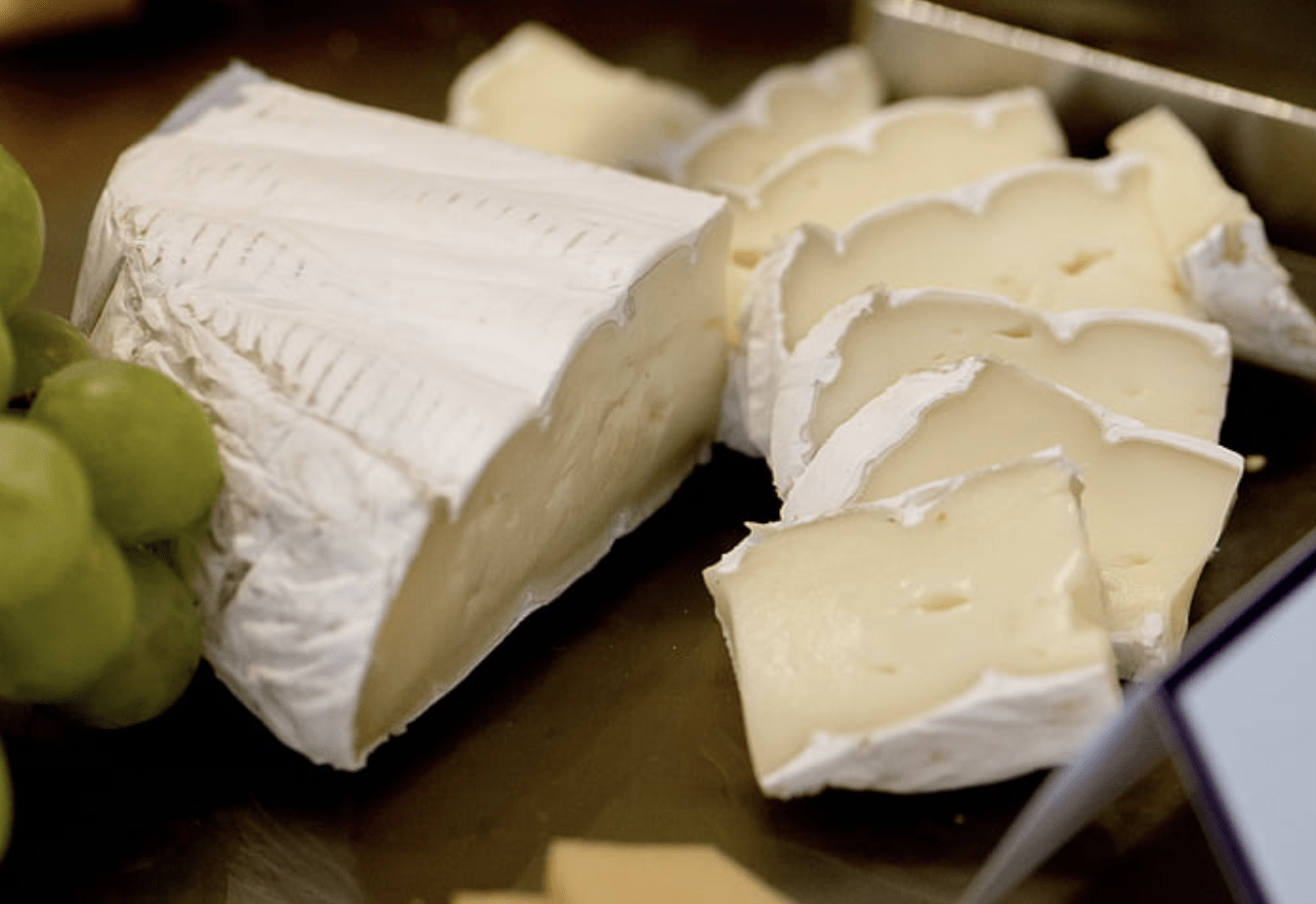CNN — Cheese – what’s not to love? Its popularity is indisputable.
Americans consumed over 39 pounds of cheese per capita in 2021 alone, according to data from the US Department of Agriculture.
Whether eating cheese is healthy — that’s a little less clear.
High in protein, calcium, vitamins and essential amino acids, cheese is also a calorie-dense food, and can be high in fats and sodium.
“If you enjoy cheese and you like it, it could be a good source of protein. It could be a good source of calcium. You just want to eat it where you’re not overindulging too much, because it can quickly add up in terms of calories,” Lourdes Castro Mortillaro, a registered dietician and the director of the NYU Food Lab, told CNN.
The protein found in cheese is a good alternative to protein derived from flesh, because it is still of animal origin, and contains all the essential amino acids the body needs but can’t synthesize on its own, according to Castro Mortillaro.
This makes cheese a complete protein, she added.
However, as with all things nutrition, it’s the overall balance of what you eat day to day that should inform how much cheese you consume, Castro Mortillaro explained.
“You really have to see it in the context of, what else is going on in your life? And what else are you putting on your plate?” she said. “You don’t need that much to gain the positives from it.”
Which cheese is healthiest? The answer depends on your specific body and its nutritional needs, but here are some pointers from experts.
Ricotta for the win
Both Castro Mortillaro and Emily Martorano, a registered dietitian with NYU Langone’s weight management program, agree on ricotta being a winner in the healthfulness department.
The name of the cheese translates to “cooked-again,” and Castro Mortillaro explained that authentic ricotta is produced by treating the whey that is leftover after milk (such as sheep’s milk) is coagulated to produce cheese (such as pecorino) …



